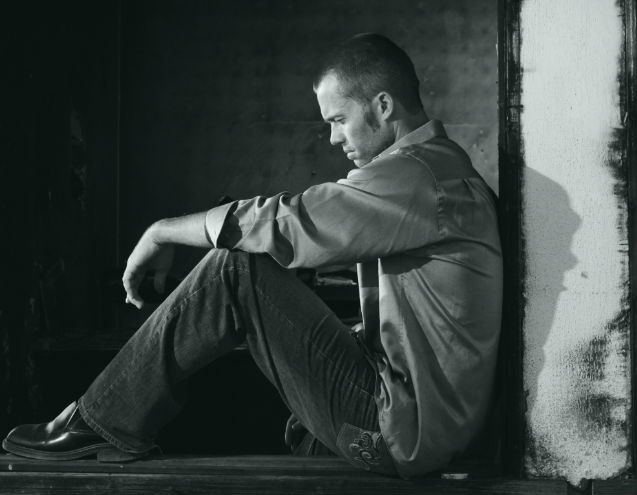 Businesses and the workplace will form an integral strand of the government’s plan to tackle loneliness and social isolation, it has been announced.
Businesses and the workplace will form an integral strand of the government’s plan to tackle loneliness and social isolation, it has been announced.
A new ministerial brief has been set up on loneliness as well with the current minister for civil society and sport, Tracey Crouch taking on the role.
The move follows the prime minister, Theresa May, accepting a series of recommendations from the Jo Cox Commission on Loneliness.
Last month, the commission claimed that loneliness was a serious health risk, and as dangerous as smoking 15 cigarettes a day.
Loneliness can be triggered by a life event, such as a bereavement or becoming a parent, with certain groups, such as young people and carers, particularly at risk.
Strategy
The government will develop a cross-government strategy on loneliness, due to be published in late 2018. This will bring together businesses with local and national government, public services and the voluntary sector to create an integrated solution.
An evidence-base of what works across different initiatives will also be assessed, led by the government’s What Works centres. The Office for National Statistics will also establish indicators of loneliness across age groups for major research studies.
Plans for seed funding for communities to develop activities to enable people to connect – and up-scaling current work to help people reconnect through practical and emotional support.
Research
The Jo Cox Commission on Loneliness, chaired by Rachel Reeves MP and Seema Kennedy MP, has spent the last year considering what the government and others can do to help.
Research has shown more than 9 million people always or often feel lonely, around 200,000 older people have not had a conversation with a friend or relative in more than a month, and up to 85% of young disabled adults – 18-34 year olds – feel lonely.
The Prime Minister said: “For far too many people, loneliness is the sad reality of modern life.
“The ministerial lead for loneliness who will work with the Jo Cox Commission, businesses and charities to shine a light on the issue and pull together all strands of government to create the first ever strategy.
“A number of government initiatives are already in place to help reduce loneliness, including improved mental health support, and the pocket parks programme which has transformed unused spaces into new green areas, giving lonely people the chance to join volunteering groups and interact with neighbours.”
Making progress
New ministerial lead Tracey Crouch said: ” I am sure that with the support of volunteers, campaigners, businesses and my fellow MPs from all sides of the House, we can make significant progress in defeating loneliness.
“This is an issue that Jo cared passionately about and we will honour her memory by tackling it, helping the millions of people across the UK who suffer from loneliness.”
Rachel Reeves MP and Seema Kennedy MP, co-Chairs of the Commission said: “We look forward to working with Tracey Crouch, businesses, community groups and the public to create a world less lonely.
What makes us susceptible to burnout?
In this episode of the Safety & Health Podcast, ‘Burnout, stress and being human’, Heather Beach is joined by Stacy Thomson to discuss burnout, perfectionism and how to deal with burnout as an individual, as management and as an organisation.
We provide an insight on how to tackle burnout and why mental health is such a taboo subject, particularly in the workplace.


